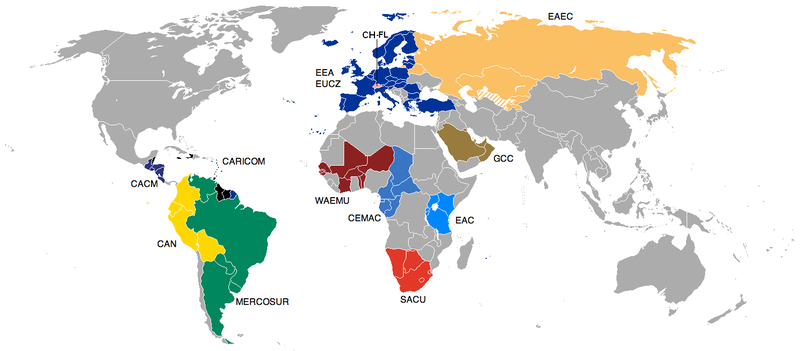I sat down with Brian Beary from Europolitics late Sunday night to discuss the results of the European parliamentary elections, with a particular focus on the US perspective. ![]()
![]()
The link is here (unfortunately, subscription only), but here’s one excerpt:
Is there a US equivalent to the Eurosceptics that did so well in the European elections?
In a formal sense, it is a peculiarly European thing. There are no parties in the US that are saying ‘we need to pull out of the United States’. The one thing they do share is that politicians in the US, for at least two generations now, in every election run against Washington. And in Europe, whether it is the hard Euroscepticism of groups like UKIP or Front National, or the soft Euroscepticism of certain members of the British Labour Party, or Silvio Berlusconi, there is an anti-Brussels-ness that reminds me of the way US politicians campaign against Washington.
Though many commentators and academics like to refer to the European Union today as a kind of ‘United States of Europe,’ especially during the EU’s ill-fated constitutional debate in 2004 and 2005, I argued that the European Union today more closely resembles the confederation of US states that existed under the 1781 Articles of Confederation.
Most US headlines in the lead-up to the European elections have concerned Ukraine and the ongoing security crisis and showdown with Russia that’s caused a regeneration of interest in transatlantic security, NATO’s role and additional follow-on issues, such as the potential US export of liquified natural gas to Europe. In the aftermath of the European elections, US headlines are focusing on the rise of eurosceptic parties like Nigel Farage’s UK Independence Party and Marine Le Pen’s Front national in France.
In both cases, that’s understandable — and both topics are incredibly important. The real issues where the European Parliament will have the most impact in the next fiver years, however, are somewhat less sexy, but they should be on the radar of US policymakers and investors in the years ahead: Continue reading The US perspective on the European parliamentary elections



